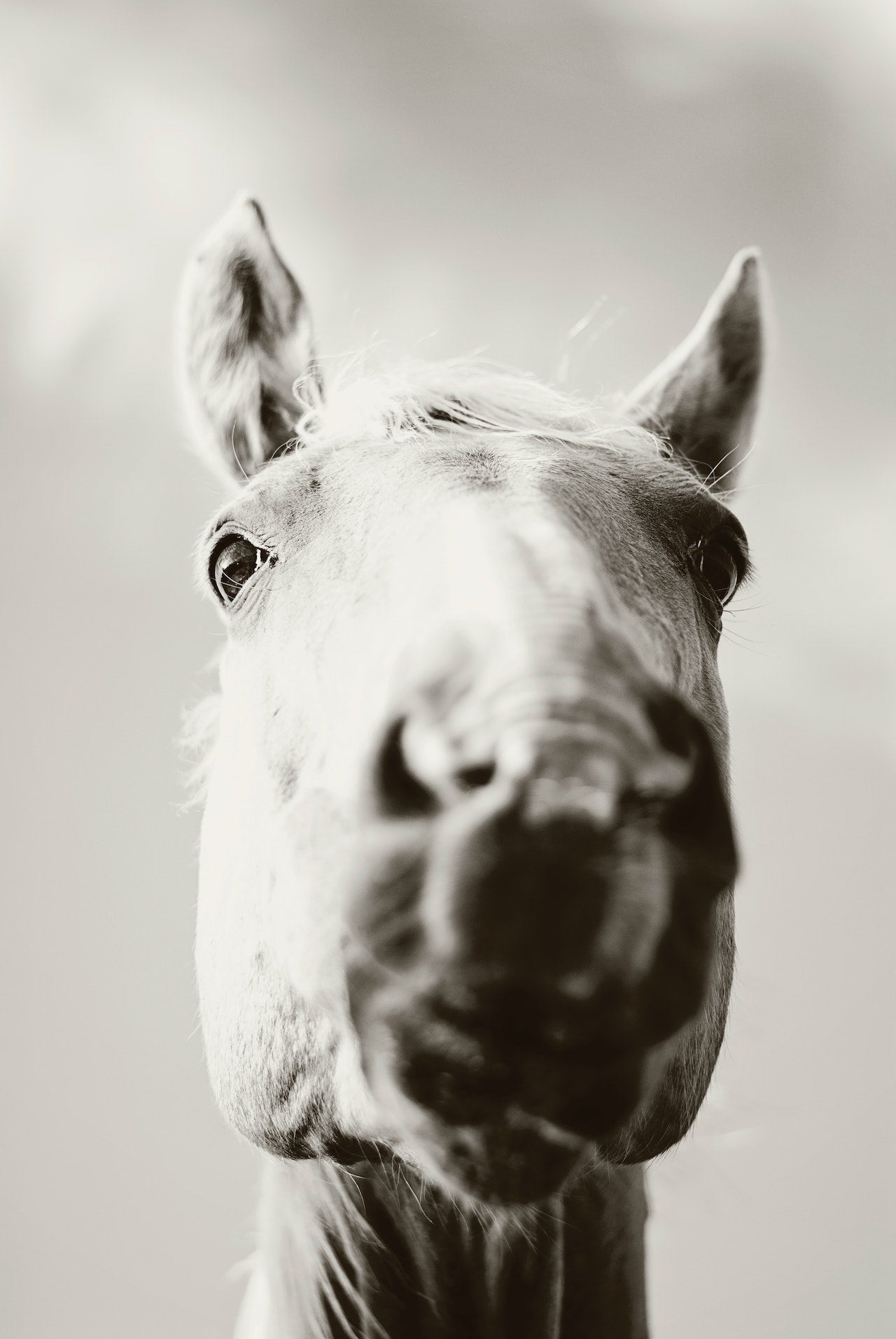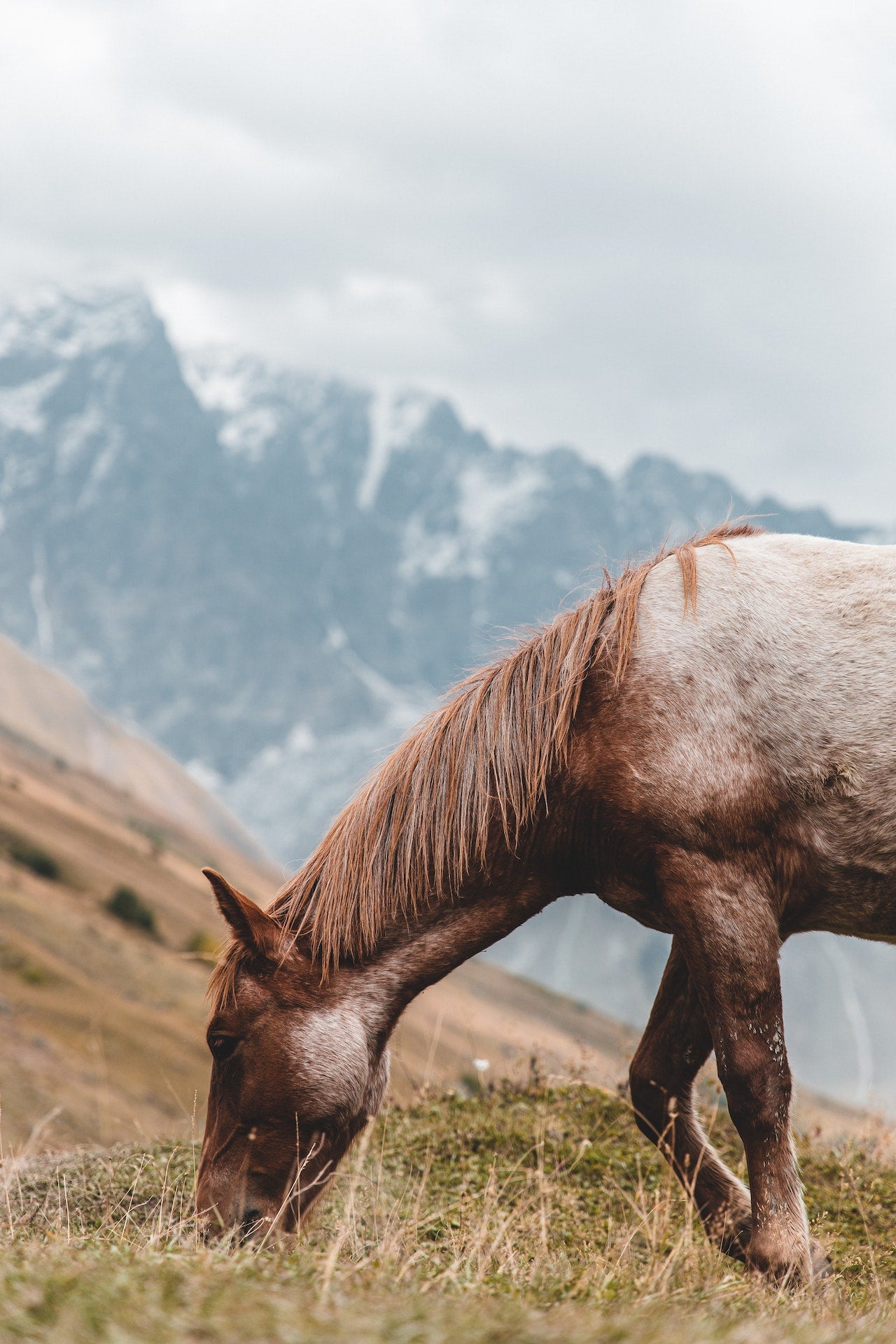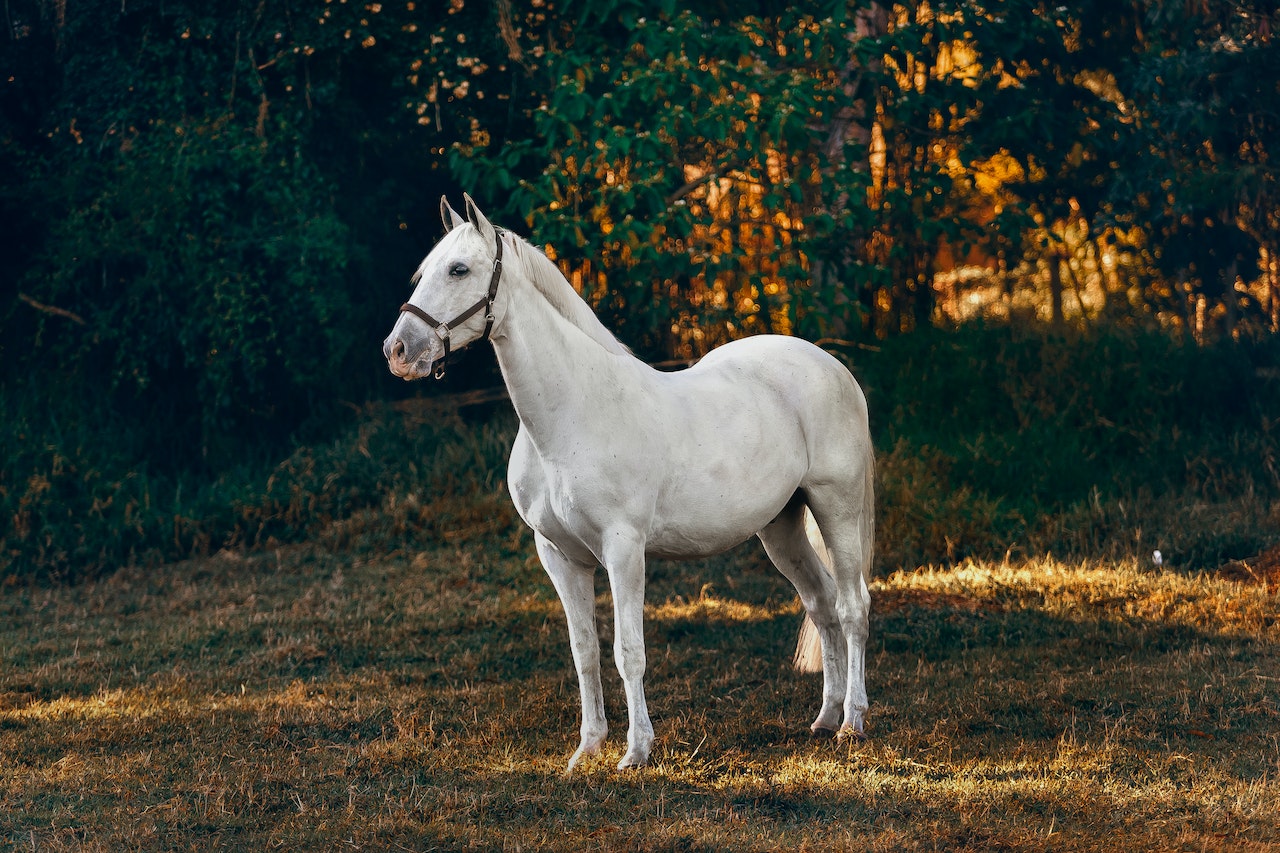
Bermuda Grass: Nature’s Natural Powerhouse for Equine Excellence
Welcome to the field of equestrian nutrition and natural wonders, where the simple Bermuda grass species rules supreme. Bermuda grass is a diverse and nutrient-rich forage choice for horses and stands out in the world of horse nutrition. It is nothing short of miraculous in its capacity to provide horses with critical nutrients and support general well-being.
This essay takes us on a fascinating tour into the world of Bermuda grass and its amazing advantages for our equine friends. Bermuda grass's nutritional profile reveals an exceptional profile of proteins, fibres, and necessary minerals. We look at the benefits it provides as a forage option for horses, ensuring they get the essential elements they require to flourish.
Next, we explore the practice of feeding Bermuda grass to horses. We outline the several ways that this grass can be included in their diet, such as grazing, hay, and pellets. To reduce stomach problems and promote a seamless transition, we offer professional recommendations on serving sizes and gradual introduction.
Together, let's explore the mysteries of this grass species to see how it may transform the way we feed our horses and bring their well-being to astounding new levels.
Can Horses Eat Bermuda Grass?
Indeed, horses can eat Bermuda grass. Bermuda grass is a common type of grass that is often used for grazing and hay production for horses. It is a widespread plant in many areas with warm weather and provides horses with a nourishing source of food. Bermuda grass is a rich source of roughage for horses and has a comparatively low sugar content. The quality of Bermuda grass can vary, just like any other sort of forage, so it's vital to keep that in mind.

Bermuda Grass
Bermuda Grass, also known as Cynodon dactylon, is a species of warm-season grass that is cultivated and well-known for its adaptability, toughness, and nutritional value. It is the grass that is commonly used for grazing, lawns, and sports fields. It is indigenous to tropical and subtropical regions of the world.
Bermuda grass is largely recognised as a great feed alternative for animals, particularly horses, from a nutritional aspect. Its fibre content is high and its protein content ranges from moderate to high, giving horses the vital nutrients they need for energy, maintenance, and growth. Additionally, Bermuda grass tends to have reduced sugar content compared to certain other forage sources, which might be advantageous for horses prone to metabolic issues.
Due to its adaptability, Bermuda grass is frequently utilised for hay production, commercial horse diets, and even as a component in horse pellets. Horse owners may add Bermuda grass into their feeding routine depending on their individual needs and preferences thanks to its availability in a variety of formats.
Feeding Bermuda Grass to Horses
Forms in Which it Can be Fed
Fresh Grazing: A natural and time-honoured method of supplying this feed is to let horses graze on Bermuda grass in a pasture. Horses may indulge in their innate grazing inclinations and get a variety of nutrients from fresh grazing.
Hay: Bermuda grass is often cut, dried, and fed to horses as hay throughout the year. Hay gives horses access to forage even when pasture grazing is scarce or throughout the winter since it is a reliable and accessible supply of Bermuda grass.
Pellets: Bermuda grass may also be made into convenient, portion-controlled pellets. Bermuda grass is ground, dried, and compressed into pellet form to produce pelleted Bermuda grass. Depending on their composition, these pellets can be given as a complete feed or as a supplement.
Introduction and Quantity
Introduction: It's crucial to gradually incorporate Bermuda grass into a horse's diet. Digestive distress can result from abrupt dietary changes.
Quantity and Quality: The amount of Bermuda grass to feed a horse will vary depending on their size, degree of exercise, and dietary needs. In general, it is advised to feed horses 1.5% to 2.5% of their body weight in forage each day. To preserve nutritional value, Bermuda grass must be of high quality and free of dust or mould.
Monitoring and Adjustment: It is essential to regularly check the horse's weight, overall health, and physical condition before giving him Bermuda grass or any other forage. Depending on the needs of individual horses, adjustments to the feeding schedule may be required.
Benefits of Feeding Bermuda Grass to Horses
Nutritional Value
Bermuda grass is a forage that is high in nutrients. It offers a suitable ratio of the proteins, fibres, and minerals necessary for optimal health and well-being. Although the nutritional makeup of Bermuda grass might change based on the soil's characteristics and the stage of development, it typically provides important elements to fulfil a horse's dietary needs.
Digestive Health
Bermuda grass's fibre content helps horses have a healthy digestive system. It promotes the growth of good gut bacteria, supports the maintenance of healthy gut motility, and guards against digestive problems including colic and stomach ulcers.
Weight Management
Bermuda grass can be an effective weight-management technique for horses. It is appropriate for horses who need a controlled or restricted sugar consumption, such as those with metabolic problems or a propensity towards obesity, because it is often lower in sugar than certain other forage alternatives.
Availability and Versatility
In many places with warm weather, Bermuda grass is easily accessible and reasonably priced for horse owners. Depending on the requirements and tastes of each horse, there are different alternatives for including it in their diet, including finding it in pastures, harvesting it as hay, or processing it into pellets.
Considerations and Potential Challenges
Nutrient Variability
Depending on elements including soil characteristics, maturation stage, and management techniques, Bermuda grass's nutrient content can change. It's critical to keep an eye on the nutritional value and quality of Bermuda grass to make sure it satisfies the unique dietary requirements of horses.
Risk of Obesity and Metabolic Disorder
Although Bermuda grass typically contains less sugar than some other forage sources, it can nonetheless cause weight gain in horses that are predisposed to metabolic problems or obesity. Keeping an eye on the horse's physical condition, modifying the feeding schedule as necessary, and thinking about additional nutritional changes
Grazing Safety
Although Bermuda grass is typically safe for horses to graze on, there is always a chance that they might consume poisonous plants or other dangerous materials. For the safety of horses ingesting Bermuda grass, routine pasture inspections and the eradication of poisonous plants are crucial.
Final Words
Bermuda grass is an adaptable and wholesome forage choice for horses. It is a well-liked option for feeding horses in a variety of ways due to its well-balanced nutritional profile, high fibre content, and availability. Bermuda grass may be an important part of a horse's diet, boosting their general health and happiness, with the right care and attention.



